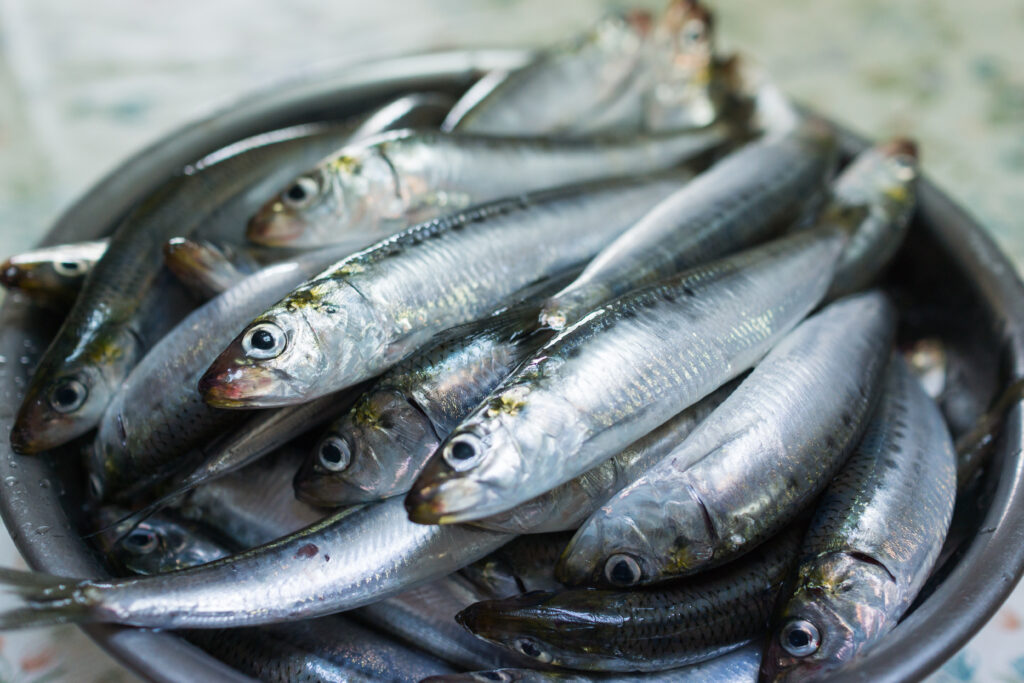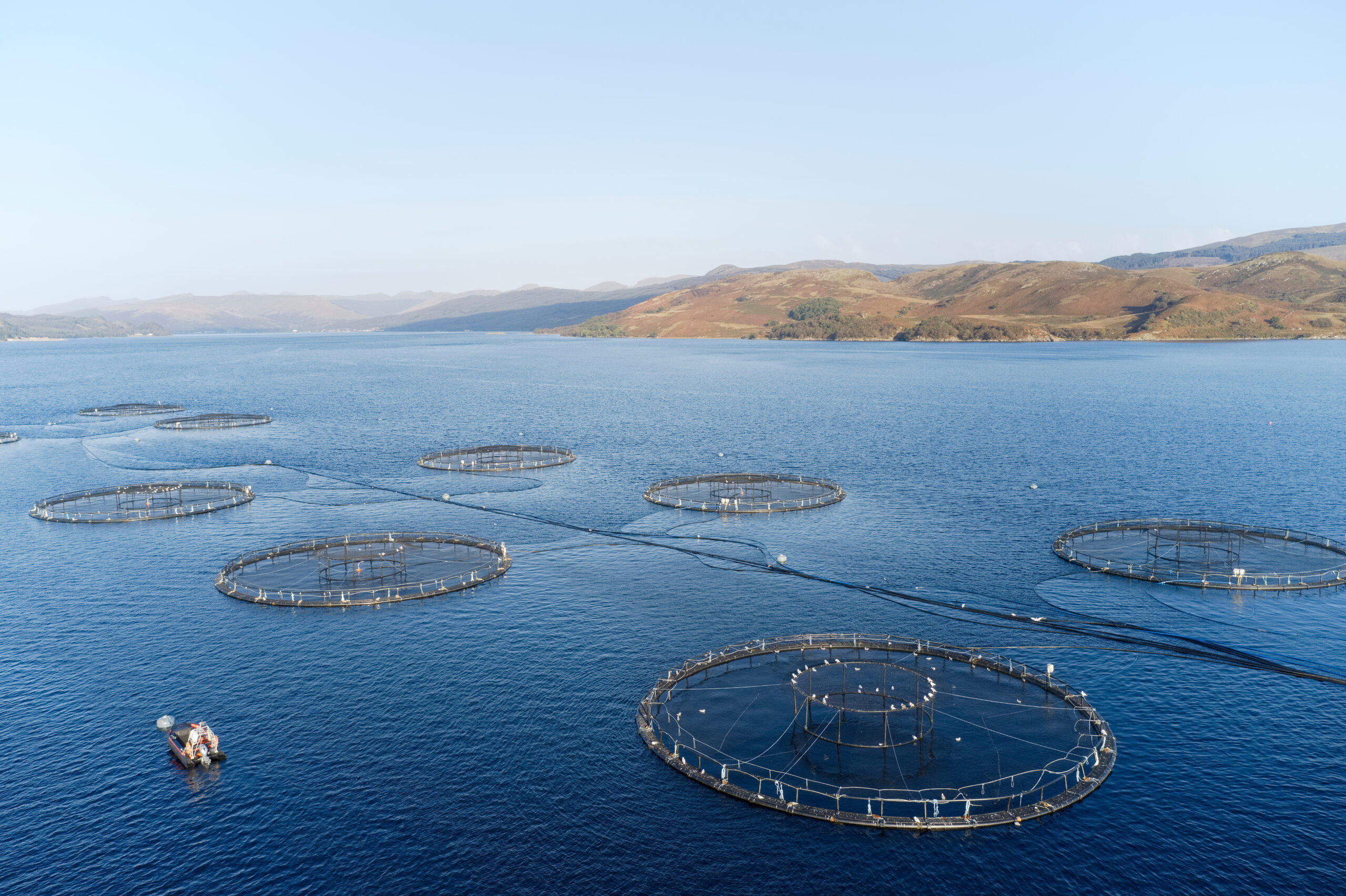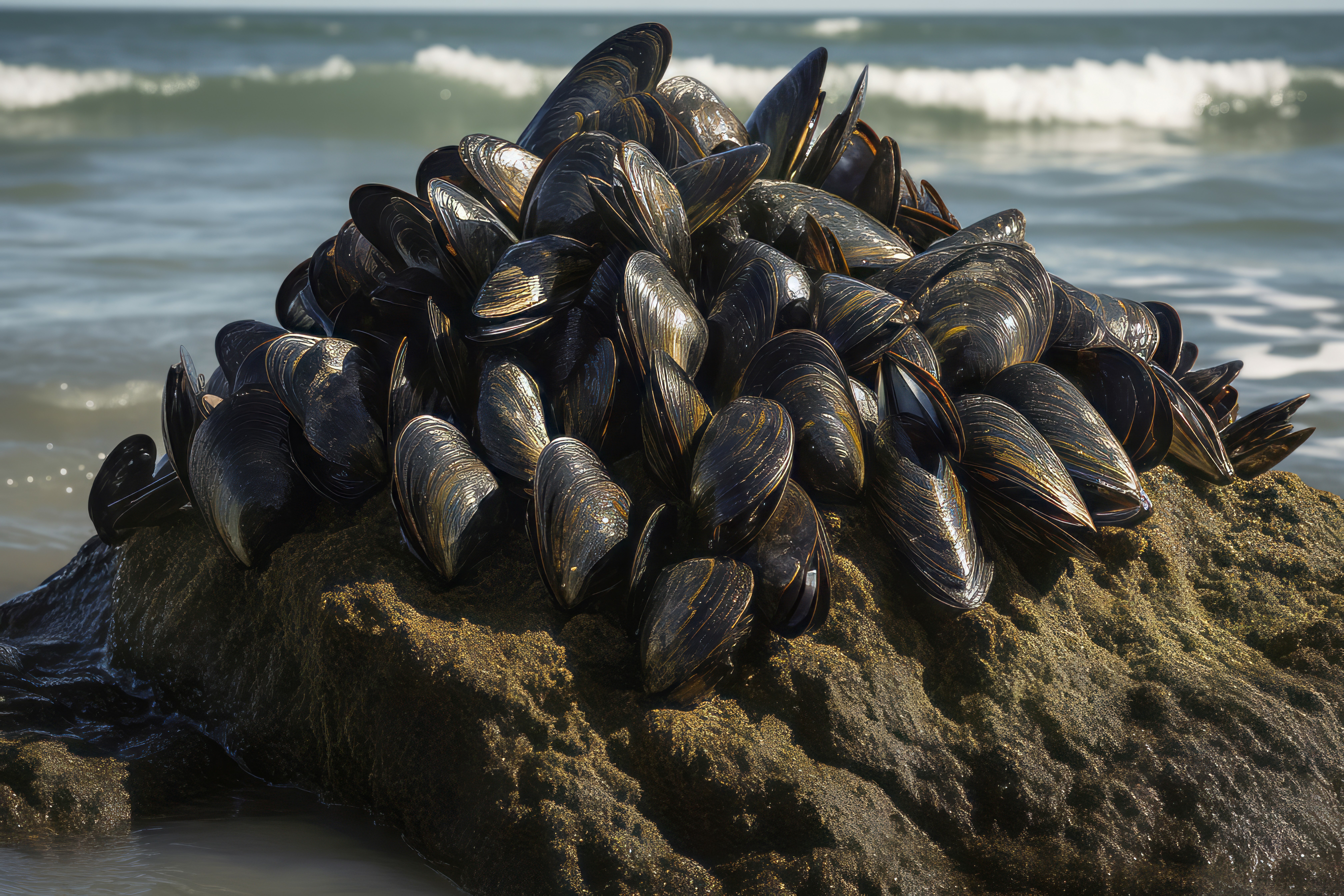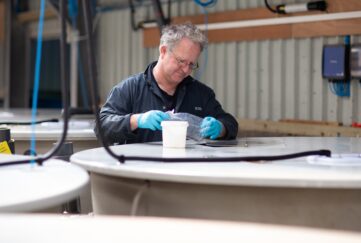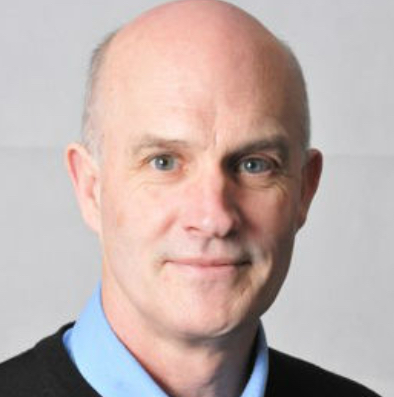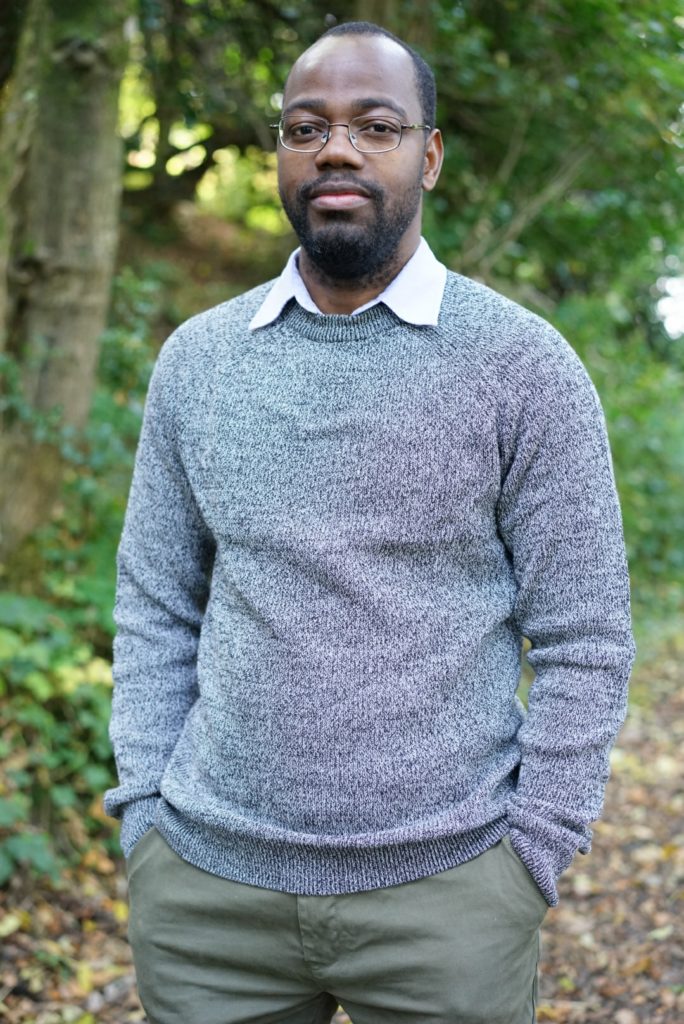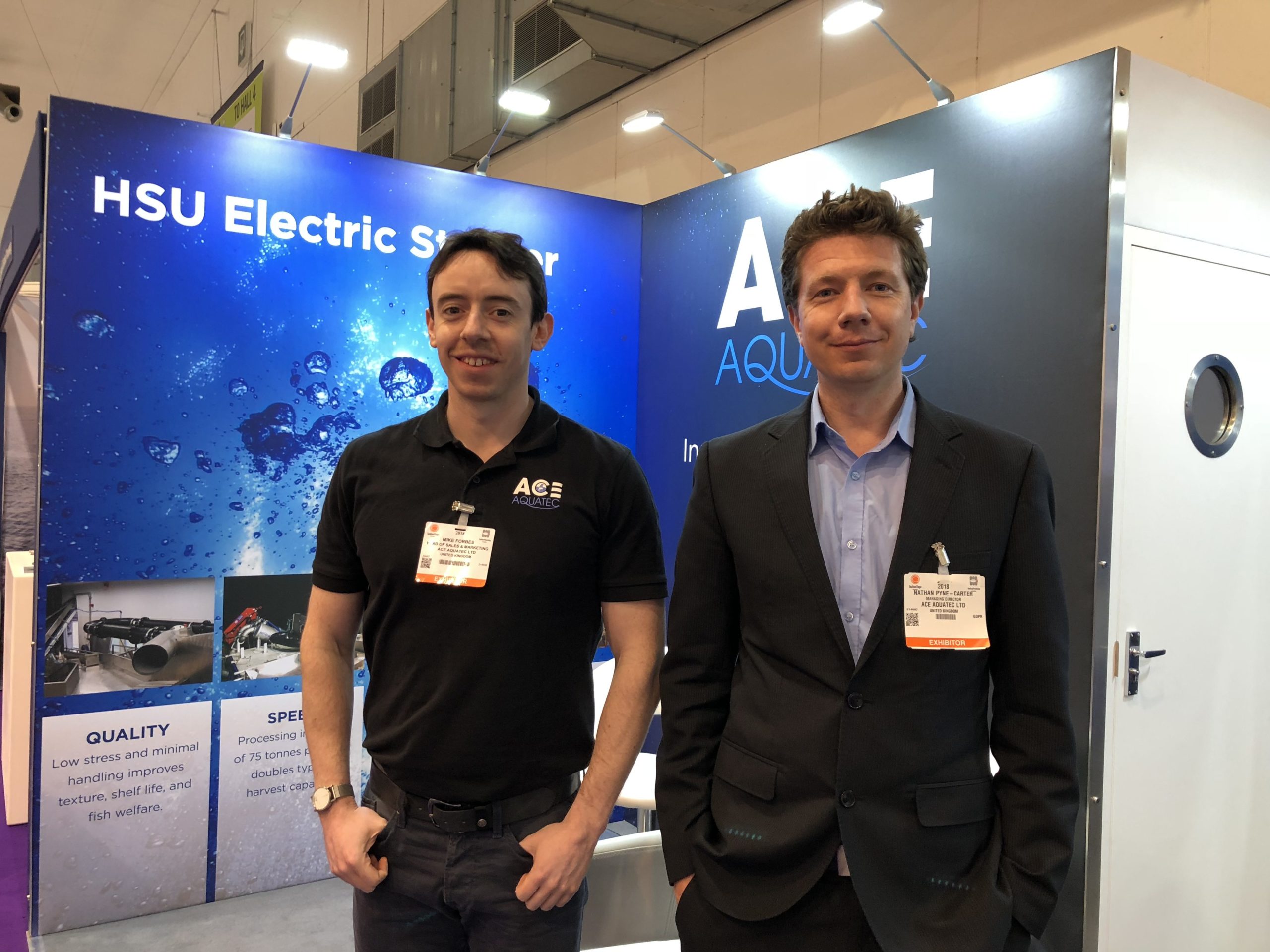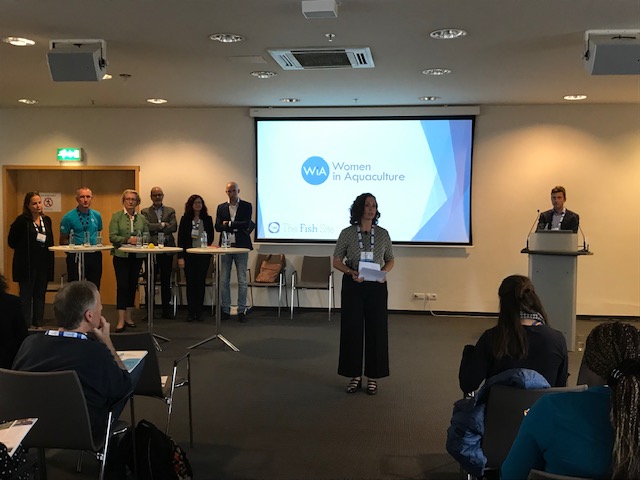Posts Tagged ‘University of Stirling’
More wild fish should be eaten, not fed to salmon, scientists say
Consumers would get a better mix of nutrients if they ate more of the wild fish species that are typically used for salmon feed. That’s the message from a study by scientists from four leading UK universities, who analysed the nutrient content of wild caught fish such as mackerel, anchovies and herring and compared it…
Read MoreAward launched to recognise salmon farming’s rising stars
A new award, backed by the salmon industry and academia, will recognise the achievements of young people working in aquaculture. The Young Aquaculture Society (YAS)’s Early Career Innovators Competition is being launched by the University of Stirling’s Institute of Aquaculture (IoA), trade body Salmon Scotland and Diversified Communications, organisers of the Aquaculture UK trade show…
Read MoreStudy reveals patterns in mussel population diversity
Innovative new research by the University of Stirling’s Institute of Aquaculture could help improve mussel farming practices and lead to increased production. Blue mussel aquaculture is an important sustainable and eco-friendly way of producing a protein source, but the industry has been facing challenges resulting in production fluctuations. The University of Stirling study saw scientists…
Read MoreThirty years of MERL
The Institute of Aquaculture’s Marine Environmental Research Laboratory has played a key role in the development of aquaculture over three decades For three decades, the Marine Environmental Research Laboratory (MERL) has been at the vanguard of aquaculture research and innovation. Part of the University of Stirling’s world-leading Institute of Aquaculture (IoA), the coastal facility near…
Read MoreAcademics to review Norway’s ‘traffic light’ zoning
Two Scottish university professors are among an elite group of academics who have been chosen to evaluate part of Norway’s controversial “traffic light” scheme for regulating salmon farming. The Norwegian Research Council has been commissioned to examine the scientific basis of the scheme, with emphasis on how it controls lice. Fisheries and Seafood Minister Odd…
Read MoreInnovation award for University of Stirling researcher
University of Stirling postdoctoral researcher Simão Zacarias has been named as the winner of the Global Aquaculture Alliance’s Innovation Award for 2020. Zacarias edged out two other finalists — Pablo Berner of Nuseed and Mark Luecke of Prairie AquaTech — to win the competition, which was sponsored by Lineage Logistics. All three finalists were featured…
Read MoreAce Aquatec drives stunning research project
ACE Aquatec is to head a research project to find more humane slaughter methods for species such as tilapia and catfish. The Dundee based company, which has pioneered the electrical stunning of finfish, is leading one of three welfare initiatives announced by the Humane Slaughter Association (HSA). The two other projects involve research and development…
Read MoreStirling PhD opportunities for two students
APPLICATIONS are still open for two PhD projects, programmes and scholarships at Stirling University’s Institute of Aquaculture. The first, under the lead supervision of Professor David Little, is: ‘A global assessment of aquaculture products from a food systems and value chain perspective towards the development of a personal environmental/health impact tool.’ In a description of…
Read MoreStirling’s academic pioneers win top prize
THE Institute of Aquaculture at Stirling University is to receive the UK’s most prestigious academic honour, the Queen’s Anniversary Prize. The accolade – part of the UK honours system – was announced during a special reception at St James’s Palace last night and will be officially presented at Buckingham Palace in February. Introduced in 1994,…
Read More\’More questions than answers\’ in gender debate
THERE is no wilful exclusion of women from aquaculture roles, but there is a generational issue of men avoiding the ‘difficulty of having a more diverse workplace’. This was the view of Lara Barazi, CEO of Kephalonian Fisheries in Greece, one of six panellists (three women and three men) at a Women in Aquaculture seminar…
Read More
